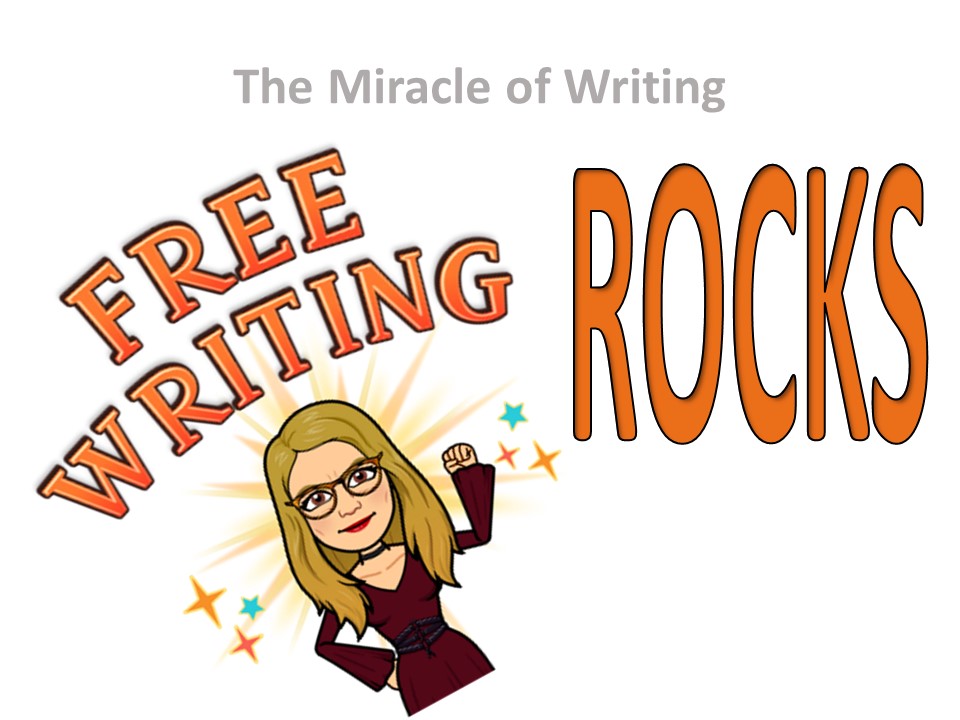After 40 years of teaching, I have retired from the classroom with many lovely memories, a few embarrassing regrets, and loads of acquired insight into what teaching is really about.
In short snippets, I am sharing some of these insights with you throughout the coming weeks. This is #9.
The Miracle of Writing – As an Instrument of Learning
Some of the things I wish I had learned already at my own school time concern writing as an instrument of learning.
When I started my English studies at Stockholm University, the faculty there had decided to add writing as an essential part of every course. One of the teachers suggested we start writing a diary in English every day for two weeks. The point was not to think critically, not to use any dictionary, not to look back but just write freely for some time every day, and our writing would improve by itself. No checking of grammar, nor corrections would be needed.
After a fortnight we should then go back and read from the beginning what we had written and we would not only be able to correct a lot of our own mistakes but also realise how much more fluent and error-free the last days’ writing was compared to the first ones.
I was skeptical enough to try it and got amazed at how much my writing had improved during that short period of time, with no tutoring. Since then I have given the same challenge to dozens of teacher trainees and hundreds of students at school. I always say:
Don’t believe me – try me!
The second revelation came when attending a course on Writing As a Way of Thinking. Every day for a week, we practised different ways of freewriting: Free Free Writing, Focused Free Writing, and some more ways of freewriting.
The instruction was always simple: Just start writing. Do not lift the pen from the paper until the time is up. There was always a time limit, just a few minutes, no more. The idea was that with the restriction of time, one couldn’t start to plan and think too much of what and how to write. The thoughts would just flow from the brain onto the paper.
I have used freewriting a lot with my students since then. Every time someone would ask me what to write, I would answer: “Start by telling about this crazy teacher who just asked you to write whatever and see what comes after that”, or I would say:
How could I know what’s there in your head?
The latter response was similar to what my students got when asking me how much to write on an essay or some other assignment: “How could I know how long a story there’s in your head?” Depending on the task I would sometimes add:
The more you write the more you learn,
which, of course, follows what I learned at Stockholm Uni so many years ago.

